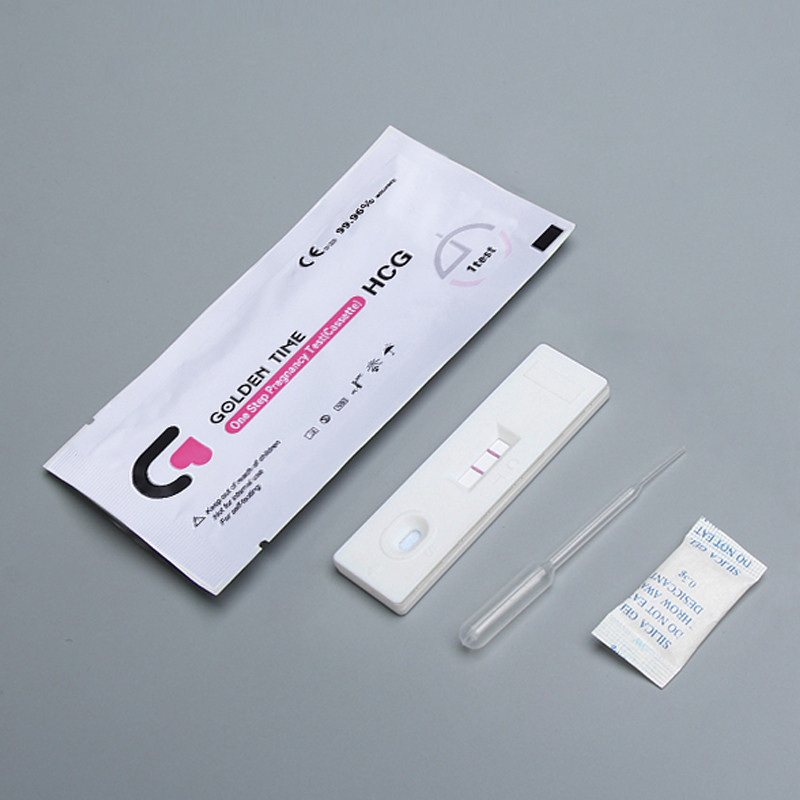Sep . 29, 2024 02:45 Back to list
HIV Testing Kit Pricing and Supplier Information for Affordable Healthcare Solutions
Understanding HIV Kit Pricing and Suppliers
HIV (Human Immunodeficiency Virus) is a global health challenge that affects millions of individuals worldwide. With advancements in medical science, the availability of testing kits has significantly improved, making early diagnosis and management more accessible. The prices of these HIV testing kits vary widely based on factors such as the type of kit, manufacturer, distributor, and geographic location. Understanding these factors can help individuals and healthcare facilities make informed decisions regarding sourcing these crucial products.
Types of HIV Testing Kits
HIV testing kits come in several varieties, including rapid test kits, laboratory-based ELISA tests, and home testing kits. Rapid test kits are highly popular due to their quick turnaround time, allowing results to be available within minutes. These are often used in clinics and public health settings for mass screenings. Laboratory-based tests, while more accurate and capable of confirming initial rapid test results, generally require more time for processing. Home testing kits provide an additional layer of convenience, allowing individuals to test themselves in the privacy of their own home.
Each type of kit has its cost implications. Rapid tests can range from $1 to $50 per kit, depending on the supplier and the testing method used. Laboratory tests are typically more expensive, ranging from $10 to $100. Home testing kits, which have gained popularity for their convenience, generally cost between $30 and $50.
Factors Affecting Pricing
The pricing of HIV testing kits is influenced by several factors
1. Supplier and Manufacturer Different suppliers can offer varying prices based on manufacturing costs, brand reputation, and distribution expenses. Generally, well-known brands may charge a premium due to perceived reliability and efficacy.
2. Bulk Purchasing Healthcare facilities and organizations often benefit from bulk purchasing discounts. Suppliers are more willing to negotiate prices for larger orders, which can significantly reduce the cost per kit.
hiv kit price supplier

3. Regulatory Approvals Kits that have received approval from health regulatory bodies, such as the FDA in the United States, may be priced higher due to the rigorous testing they undergo. This approval can enhance credibility and trust, justifying the price.
4. Geographic Location The cost of HIV testing kits can also vary based on geographic location. In low-income countries, for instance, there may be government subsidies or international aid programs that help reduce the cost. Conversely, in high-income countries, prices might reflect higher manufacturing and operational costs.
5. Technological Advances As technology improves, newer testing methods may come to market that are more efficient and accurate, which can affect pricing. While initial costs may be high, the long-term benefits of faster and more accurate testing can justify the investment.
Choosing the Right Supplier
When seeking suppliers for HIV testing kits, it is essential to consider several factors beyond just pricing. Quality assurance, customer support, and delivery times are equally important. Engaging with suppliers who provide comprehensive information about their products, including sensitivity and specificity data, can help healthcare providers make informed decisions.
Additionally, establishing a relationship with a reliable supplier can lead to better negotiation opportunities and access to the latest products in the market. Online marketplaces and healthcare-focused procurement platforms often offer competitive pricing and a range of options for bulk purchases.
Conclusion
The availability and pricing of HIV testing kits play a crucial role in the fight against HIV/AIDS. Understanding the variables that affect pricing can empower healthcare providers and individuals to make informed choices when sourcing these kits. As the global health community continues to work towards improving access to testing, fostering partnerships with reliable suppliers will be essential to ensure that affordable, effective testing remains available to all. By investing in accurate and timely testing solutions, we take an important step toward better health outcomes for individuals living with or at risk of HIV.
-
Malaria Pf Ag Rapid Test Kit - Quick & Accurate Detection
NewsAug.11,2025
-
Accurate Cardiac Marker CK-MB Rapid Test for Quick Results
NewsAug.10,2025
-
Premium Empty ABS Plastic Cassette for Test Strips
NewsAug.09,2025
-
Sterile Urine Cup: Accurate Specimen Collection for Labs & Home
NewsAug.08,2025
-
Malaria Pf/Pan Ag Rapid Test Kit for Fast, Accurate Diagnosis
NewsAug.07,2025
-
Rapid Canine Corona Test: Fast & Accurate Results
NewsAug.06,2025

